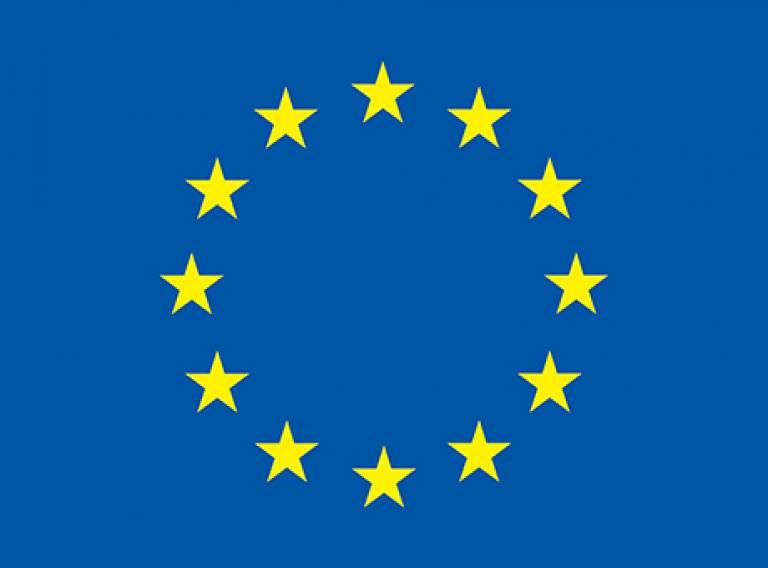Cultural Heritage and Global Change: A New Challenge for Europe
27 March 2012

UCL has contributed to setting the European research agenda relating to cultural heritage and global change.
A UCL-led workshop held in December 2011 resulted in the League of European Research Universities (LERU) Declaration on the Joint Programming Initiative ‘Cultural Heritage and Global Change: A New Challenge for Europe’ (The UCL Declaration).
Joint Programming provides a new framework within which European Union Member States jointly address areas where public research programmes may help respond to major societal challenges. The process involves identifying a Common Vision, defining a Strategic Research Agenda (SRA) for the coming decade and implementing it through a Joint Programming Initiative (JPI).
The UCL Declaration has been approved by LERU and submitted to the Italian Ministry of Cultural Heritage & Activities (the Joint Programme’s Coordinator) and the UK Arts & Humanities Research Council (the Joint Programme Partner developing the SRA over the next year).
Professor May Cassar (UCL Institute for Sustainable Heritage) led the workshop, with support from the UCL European Institute, the UCL European Research & Development Office and the UCL Grand Challenge of Intercultural Interaction. She said: “UCL, with its expertise in cultural heritage, and insight into Member States’ priorities and decision-making processes, was well placed to guide this process. We were able to refine and articulate the European academic community’s priorities for cultural heritage research.“
LERU, which represents Europe’s top 21 leading research-intensive universities, initiated the process by asking Professor David Price, UCL Vice-Provost (Research), to coordinate the formulation of a LERU response to the new research programme. He said: “Joint Programmes will have significant influence on research directions over next decade, so it is essential that leading research universities make the most of opportunities to shape research agenda.“
Professor Kurt Deketelaere, Secretary-General of LERU, commented: “The UCL Declaration nicely illustrates the possibility for research-intensive universities to influence a multinational research agenda on a grand societal challenge, and at the same time create a reinforced cooperation between different top research teams.“
 Close
Close

